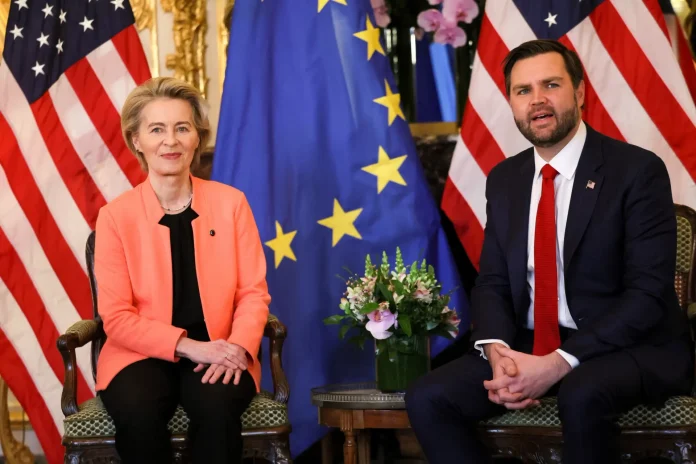UK and US Refuse to Sign International AI Declaration
The UK and US recently decided not to sign an international declaration on AI ethics and regulations. This move has sparked debate over global AI standards. Countries worldwide are working to create regulations that ensure ethical AI development, but the UK and US have opted out. Let’s explore why and the impact this decision could have on AI governance.
Why Did the UK and US Refuse to Sign?
The UK and US argue that international regulations could limit technological progress. Both countries prefer a more flexible, industry-driven approach to AI development. They believe broad global rules could stifle innovation. Learn more about the AI ethics debate.
Implications for Global AI Regulation
By refusing to sign, the UK and US have made it clear they want to avoid rigid global regulations. This could delay the development of international AI standards and complicate collaboration between countries. However, it may encourage these nations to strengthen their domestic AI governance. Read more about AI regulations.
The Future of AI Governance
The UK and US’s decision raises questions about the future of AI regulation. While some nations push for more control, others prioritize innovation. The disagreement signals the need for more dialogue on global AI governance.
Conclusion
In conclusion, the UK and US’s refusal to sign the AI declaration highlights challenges in creating global AI regulations. These countries focus on innovation but also face pressure to align with ethical guidelines. The debate over AI governance will shape the future of technology. Stay informed with this article.

